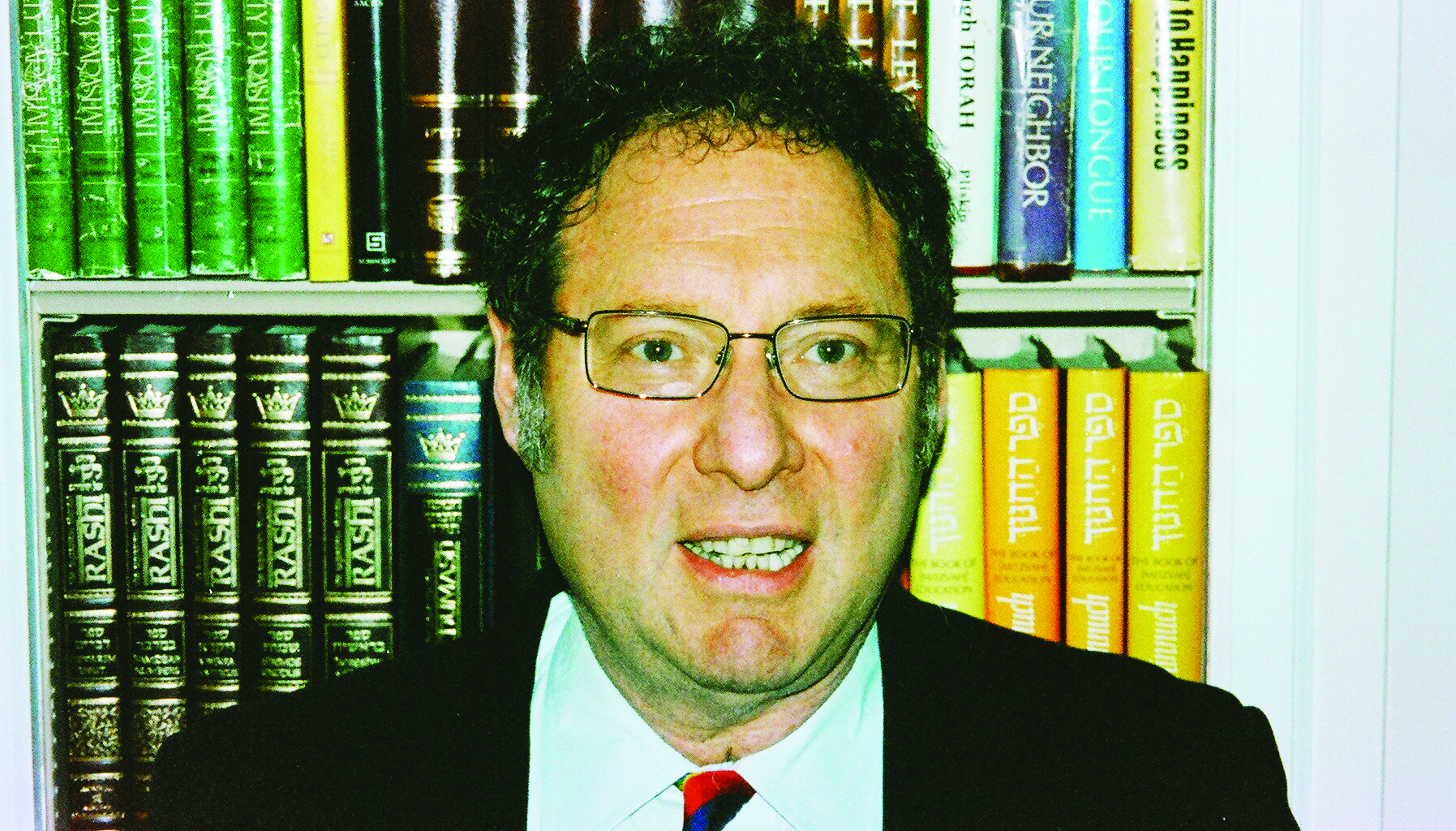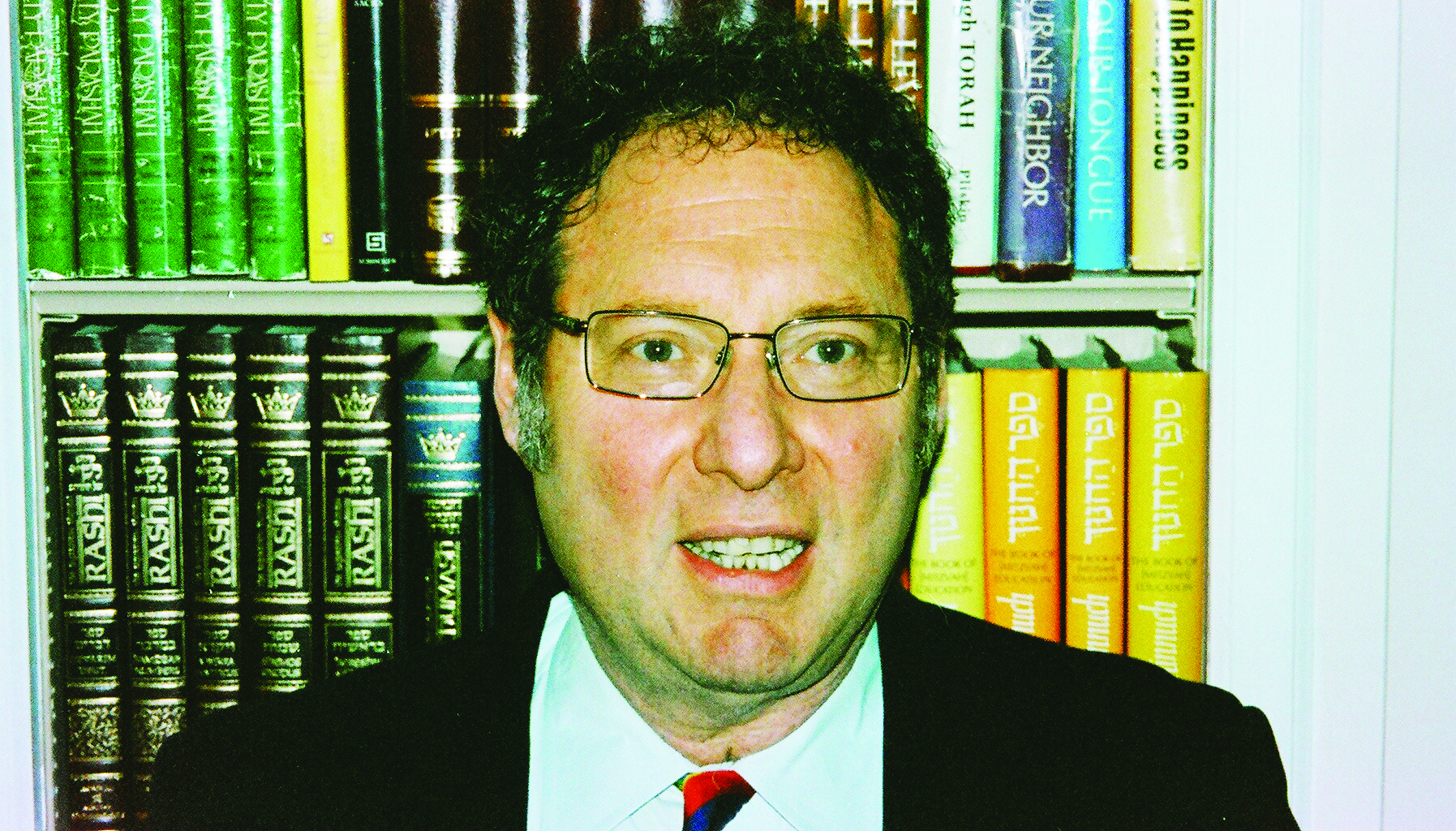
Human beings cannot be mature until they comprehend a sense of their own mortality. To recognize the brevity of human existence gives urgency and significance to the totality of life.
Rosh Hashanah, Yom Kippur and the days in between create an imaginative encounter with death into an annual experience in the hope that the experience will recur to liberate life continually. This is the time for the individual to concentrate on mortality and the meaning of life. The awareness of being judged for life and death is a stimulus to stop living routinely. From the combined themes of death and of judgment comes the central image underlying the Days of Awe: the trial.
From time to time people must stop and assess their deeds and spiritual condition. Such moments are a time for penetrating questions and self-criticism, and should bring about renewal and change in behavior. Making this cheshbon hanefesh—a reckoning with one’s soul—is appropriate all year round. But Elul, the month before Rosh Hashanah, became the time when Jews began the self-reflection, fearing how their souls would look when they stood naked before God. As the Mishnah in Rosh Hashanah 1:2 says, “All the inhabitants of this world file before Him.”
Elul became a time of reconciliation with enemies, a time of resolutions and for efforts to correct personal flaws. It is customary during this period to study the books of mussar, teachings that increase trust and faith in God, the fear and love of God, and improve character and moral behavior.
The shofar is blown every day to shake up people and remind them of the approaching trial. It is also customary to visit the graves of the dead, not simply to pay our respects, but to reflect on our own deaths.
When the assistant came to call him for Maariv of Rosh Hashanah, Rav Simcha Zissel Ziv would be seized with trembling and fear, and would mutter in fright, “The summons to court has arrived.”
Martin Polack is a business analyst and has been involved in outreach and Jewish education for many years.
By Martin Polack









